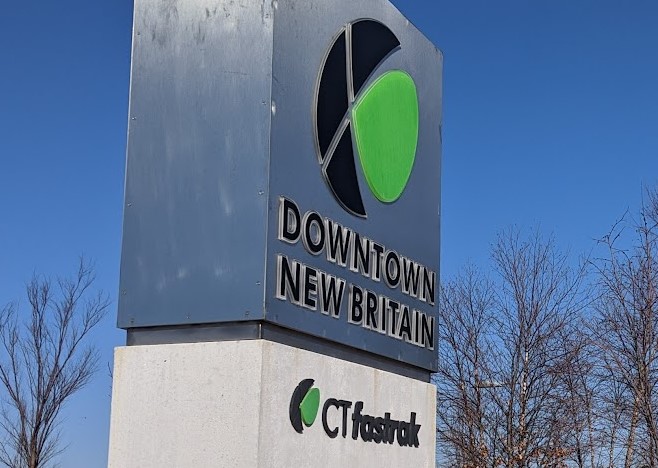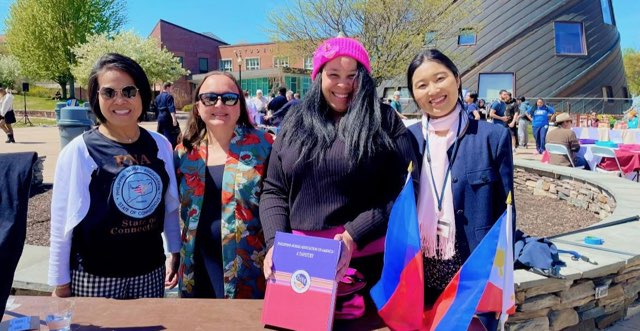A Case for Direct Citizen-Initiated Ballot Measures in Connecticut.
By Cody DallaValle of Torrington
Unsolicited Op-Ed
There are only two ways to change the constitution of our great state, they are outlined in Articles 12 & 13. The first method is called a legislatively referred amendment which requires both chambers of the legislature to vote on and pass the amendment twice, with more than a 2/3rd majority (unless the first vote receives 75% or more in both chambers, in which case a second vote is not needed). After both houses successfully vote for the amendment once or twice, the measure will be put onto the November ballot to be voted on by the people where it will either die or become law.
The second way our constitution can be amended is through a constitutional convention. This is a process by which delegates of the constituents can meet to present and suggest amendments. The last Connecticut constitutional convention was held in 1965 where the delegates made several changes to the archaic 1818 constitution. In 1986, via a ballot question, the citizens of Connecticut turned down the opportunity to amend their Constitution and 22 years later in 2008 we again voted against a constitutional convention.
It has now been almost 51 years since we’ve held a convention to discuss possible amendments. The only way to call for a convention beyond a ballot question is through a super-majority vote in the legislature.
We cannot rely upon the increasingly polarized state legislature to continue to look out for the best interests of the population. Special interests and lobbyists have directly influenced the divide between representative and constituent such that most voters are apathetic and unwilling to participate. I suggest that in the next decade when we the citizens are presented with another ballot question, we demand strongly a constitutional convention to implement not only direct citizen initiated ballot measures but also recall rights.
If we can convince our delegates to present and suggest these vital amendments (and they are implemented) then we will no longer have to suffer through the long and arduous process of legislative proceedings. We face challenges and adversities which should be exempt from the political atmosphere of petty statist quarrels which cause important measures to be ignored and delayed for the discussion of more trivial matters. Too often are we witnesses of a bill or measure which initially deals only with essential matters become a tool for the legislature to desecrate with last minute provisions and earmarks.
Direct citizen-initiated ballot measures will provide an avenue for more direct democracy where voters will feel empowered to have their voices heard and their votes counted. A petition requirement for the ballot measures will drive citizens to participate in grassroots movements to amend their constitutions as a community instead of working with the divisive and coercive general assembly. Recall rights provide citizens in other states with the ability to impeach and remove elected officials before their terms end, which is a right that Connecticut citizens do not currently have. The general assembly has referred several resolutions which suggest implementing recall rights to the Government Administration & Election committee, which has consistently turned down such suggestions.
These 2 fundamental democratic rights have been withheld from Connecticut citizens for no valid reason. With these abilities, Connecticut residents could vote on controversial and progressive amendments that otherwise would be ignored or pushed aside. For example, the four states which have successfully legalized and regulated cannabis have done so through citizen-initiated ballot referenda or a similar process whereby the legislature has no say. Governor Hickenlooper, of Colorado, originally was decidedly against ending the prohibition of cannabis as proposed in the 2012 Amendment 64, a citizen-initiated measure. Years later and after seeing the evidence for himself, Governor Hickenlooper is glad that the will of the people was implemented. Youth access to cannabis has dropped slightly, violent crime has been decreasing, more and more businesses are moving to Colorado, and the tax revenue is unfathomably beneficial.
Perhaps the most paramount problems that we face in Connecticut will not be resolved or even acknowledged by our elected officials. The legislative branch and their supporters will call for slow, incremental change but it is much too late for that attitude. The people of Connecticut are going to be faced with a ballot question in the very near future; if we turn down the opportunity for a Constitutional Convention then our predicaments will persist into the very long and negligent future.



